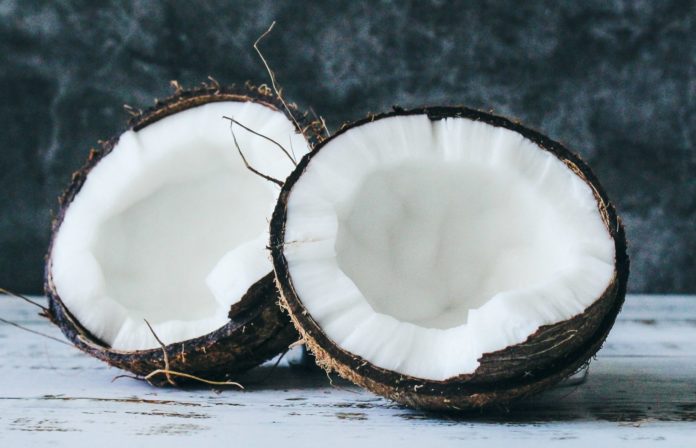
Many health food enthusiasts claim that coconut oil is a superfood, packed with plant-powered nourishment. On the other hand, there are many people who disagree, citing the high saturated fat content in coconut oil as the reason why it shouldn’t be consumed at all. But what does science tell us? Should we be eating coconut oil or not, and is it actually healthy?
The Good Stuff
- Virgin coconut oil contains vitamin E, antioxidants, and healthy fatty acids that are associated with a healthy metabolism, healthy skin and hair, and improved cognitive function.
- It makes a great topical agent for skin care and can be used as a moisturizer, makeup remover, hair oil, and more.
- Coconut oil has a very high smoke point, making it ideal for high-heat cooking such as frying.
The Bad Stuff
- Coconut oil contains high levels of saturated fats and contributes more to “bad” LDL cholesterol levels than other oils such as olive and canola. High LDL levels can lead to conditions such as heart disease.
- One tablespoon of coconut oil contains 12 grams of saturated fats—that’s your entire daily allowance of calories from saturated fats according to the American Heart Association.
- Many of the health benefits surrounding coconut oil are based on special coconut oil made entirely of medium-chain triglycerides (MCT oil). This is not the average coconut oil you’ll find in the supermarket.
The Verdict
It seems then that coconut oil is neither a health food nor a toxin. Consumed in small quantities and used for specific high-heat cooking techniques, it can be a useful addition to your pantry. And if you’ve bought a huge jar already, you can always use it for your skin and hair care routine as well!
Be sure to always source ethically and sustainably produced coconut oil.


